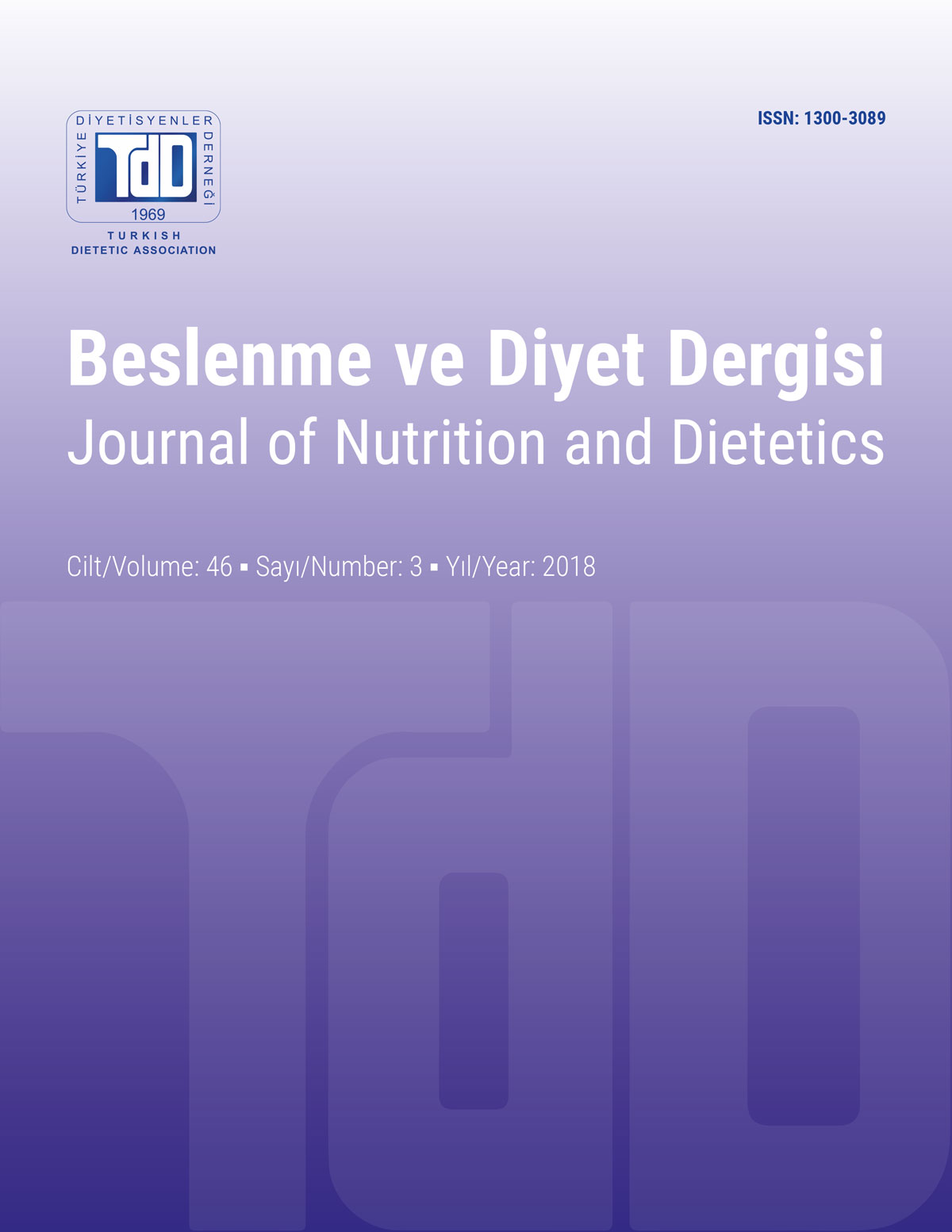The Association Between Nutritional Status, Sleep Quality and Metabolic Syndrome among Shift Workers
DOI:
https://doi.org/10.33076/2018.BDD.319Keywords:
Shift work, obesity, metabolic syndrome, sleep quality, nutritional statusAbstract
Aim: Shift work has been associated with disturbed circadian rhythm, lifestyle change, work related strain and stress, may cause health problems. The aim of this study is to investigate the effect of shift work on nutritional status, sleep quality, physical activity and metabolic syndrome (MetS) components.
Subjects and Methods: This study included 70 volunteer subjects (16 females, 54 males) aged between 19-55 years, working in a private security firm in Istanbul, and 70 normal day-time (control) individuals with same age group(16 women, 54 male). Demographic characteristics, physical activity record, sleep quality and three-day food consumption records were collected by using face-to-face interview method. Sleep quality was assessed using the Pittsburgh Sleep Quality Index (PSQI), using the IPAQ (International Physical Activity Questionnaire) short form of physical activity level was assessed. Biochemical parameters (fasting blood glucose, HDL-cholesterol, Triglyceride levels) were analyzed and anthropometric measurements (body weight, height, waist circumference and hip circumference) and blood pressure measurements were obtained.
Results: When the sleep quality of subjects was examined, 58.6% of the shift workers had a poor sleep quality and only 17.1% of the control group had a poor sleep quality. While 68.8% of women working with shifts were overweight or obese, 18.8% of women in the control group were overweight. Overall 85.2% of the men working with shifts were found to be overweight or obese. When the diagnostic criteria of IDF-2005 (International Diabetes Federation) metabolic syndrome were examined one by one, it was seen that there was a significant difference between the groups in terms of waist circumference and rate of metabolic syndrome (p<0.001). When investigated energy and nutrient intake of subjects, it was seen that both female and male shift workers have higher energy and carbohydrate intake (p<0.05).
Conclusion: This study shows that shift work is a condition that decreases sleep quality of individuals and increases the risk of obesity and metabolic syndrome.

